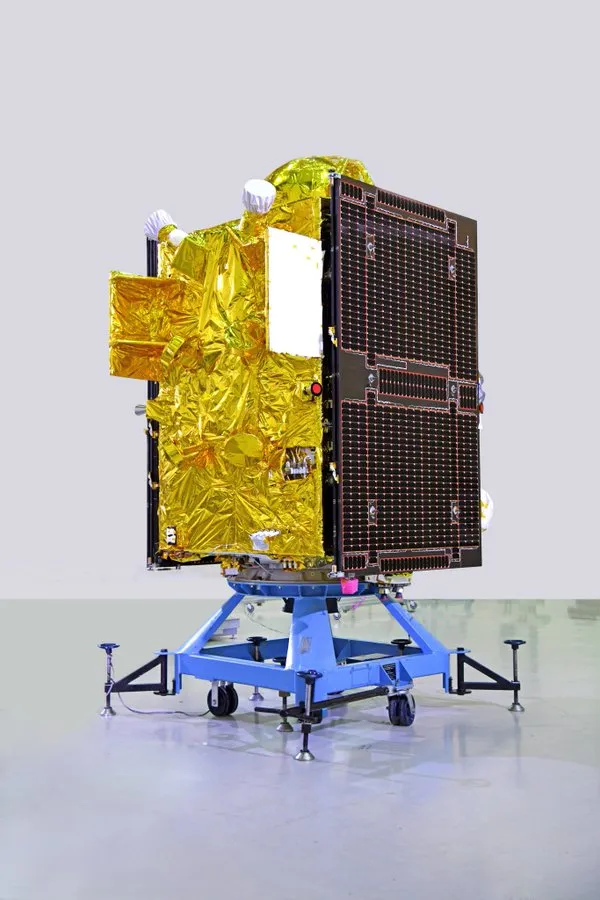The Indian Space Research Organisation (ISRO) is dealing with a technical issue concerning its NVS-02 satellite, which was launched aboard the GSLV-F15 rocket as part of its centenary mission. This satellite is integral to India’s Navigation with Indian Constellation (NavIC) system, aimed at providing reliable satellite navigation services for both civilian and defense applications.
ISRO confirmed that the NVS-02 satellite encountered a problem during its critical orbit-raising maneuvers, preventing it from reaching its intended geostationary orbit.
The issue stems from a failure in the valves controlling the thrusters, which are essential for adjusting the satellite’s trajectory. As a result, the satellite remains in its transfer orbit, unable to reach its operational position.
While communication with the satellite and its solar panels are functioning properly, the satellite cannot proceed with the necessary orbital adjustments. This issue raises concerns about the satellite’s ability to support the NavIC system effectively.
Experts highlight that the process of raising the satellite to geostationary orbit is complex, involving multiple maneuvers to adjust its altitude and inclination. If NVS-02 cannot perform these maneuvers, it could impact the overall performance of the NavIC system, reducing redundancy and resilience.
ISRO engineers are actively working on resolving the issue, exploring possible solutions like activating backup systems or utilizing alternative thruster resources.
However, this setback underscores the challenges inherent in space missions, with experts emphasizing that such incidents provide valuable insights for improving future space exploration endeavors.
The outcome of this situation will likely shape the future of ISRO’s satellite missions and their technological advancements.
Also Read: Beyoncé Wins Best Album at 2025 Grammy Awards – Full List of Winners


